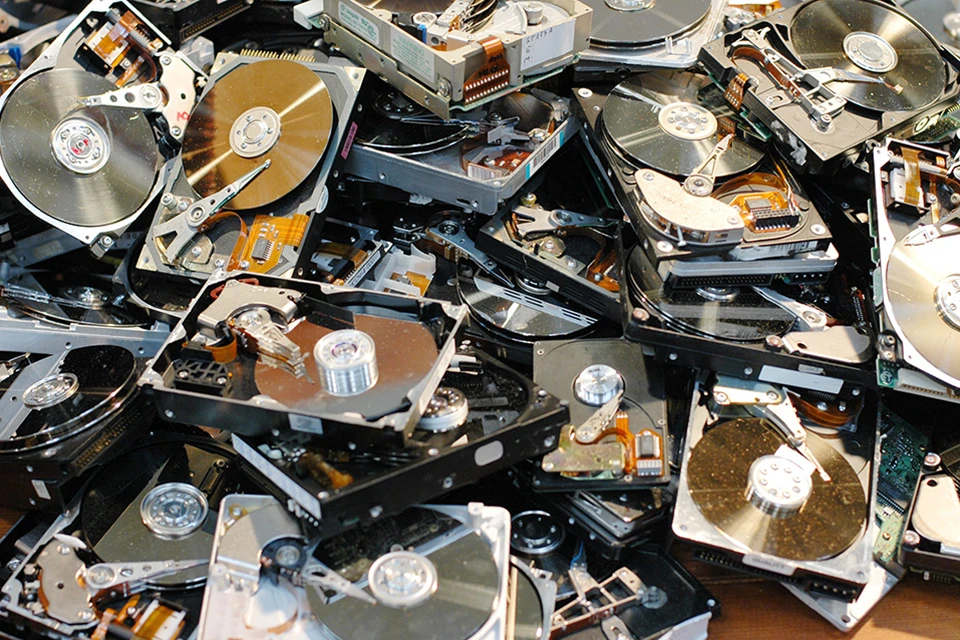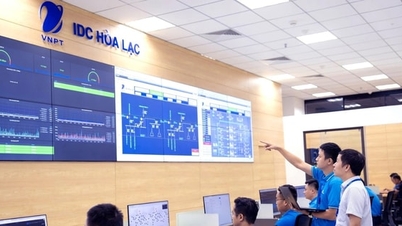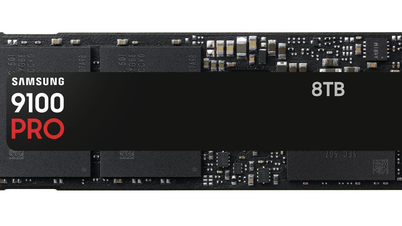According to GearRice , the basis for Mr. Kaese's belief in traditional hard drives is in data centers, where systems need to store large amounts of data. In addition, hard drives are also where users store backups or collections. Meanwhile, with the ability to operate faster, smaller and significantly reduced in price, solid-state drives (SSDs) can replace hard drives in most personal and business computers.

Hard drives still have a future thanks to their large storage capacity and long life
Toshiba is now one of the major hard drive manufacturers on the market. Kaese says that hard drives still maintain a cost-per-GB advantage over SSDs of about 7 times at higher capacities, which further underscores the importance of hard drives.
Not only that, HDDs have a huge advantage over SSDs in terms of storage space. While 8TB or even 4TB SSDs are rare, HDDs with capacities up to 30TB are already available. Although much slower than SSDs, HDDs can reach extremely high speeds when operating in parallel. For example, Toshiba said it has a fleet of 78 18TB hard drives operating at 17Gbps.
Another advantage of HDDs is that they can be written to more times than SSDs, making them ideal for data centers where files are constantly moving around. Additionally, HDDs are much more recyclable because they are made of aluminum and copper, while SSDs rely on printed circuit boards, chips, and plastic.
Still, Kaese admits that one of the things that needs improvement in hard drives is the amount of electricity needed to spin the disk.
Source link



![[Photo] Unique Phu Gia horse hat weaving craft](https://vphoto.vietnam.vn/thumb/1200x675/vietnam/resource/IMAGE/2025/10/10/1760084018320_ndo_br_01-jpg.webp)
![[Photo] Opening of the World Cultural Festival in Hanoi](https://vphoto.vietnam.vn/thumb/1200x675/vietnam/resource/IMAGE/2025/10/10/1760113426728_ndo_br_lehoi-khaimac-jpg.webp)
![[Photo] Ho Chi Minh City is brilliant with flags and flowers on the eve of the 1st Party Congress, term 2025-2030](https://vphoto.vietnam.vn/thumb/1200x675/vietnam/resource/IMAGE/2025/10/10/1760102923219_ndo_br_thiet-ke-chua-co-ten-43-png.webp)

































































































Comment (0)